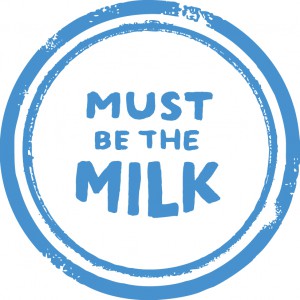This summer, the U.S. has seen the most widespread drought in more than 50 years, with over 55 percent of the county dealing with the impacts of water shortage. If this is news to you, you must have been on one long vacation with no access to TV, newspapers or the internet. And if that is the case, good for you!
While the drought has hit hardest in the middle of the country, New York and New England have not been immune. In August, nearly 100 percent of Massachusetts, over 80 percent of New York and Connecticut, and almost half of Rhode Island experienced abnormally dry conditions which can have a major impact on our food supply all the way from the farm to your kitchen table.
Are you wondering how this will affect you and your family? If so, please keep on reading.
Whatever the weather, dairy farmers’ top priority is the health and welfare of the herd, and that means feeding their cows high-quality feed. But the drought is withering crops and the harvest of grain for the feed on the farm is especially low this year which is driving up the cost of feed to levels that many farmers cannot afford.

These high prices are leading some dairy farmers to sell part or all of their herds, which will decrease the supply of milk and increase prices at the store. Unfortunately, when milk prices increase at the grocery store, dairy farmers do not receive a better price for their product. In other words, they are earning less for the milk than the actual cost to produce it.
These are especially challenging times for dairy farmers, and milk prices are likely going to increase. However, dairy farmers are a resourceful group and no strangers to extreme weather and its impact on agricultural resources. As stewards of the environment, they continuously work to improve the resilience and sustainability of dairy production even in hardest of times.
One particular bright spot is the commitment that five Massachusetts dairy farmers have made to invest in methane digesters that will recycle organic waste from the farm into fertile compost and methane gas that can make electricity for the farms, as well as local homes and businesses. As stewards of the land and the environment, it’s not “either or” for dairy farmers—it’s steady work for continual improvements everywhere on the farm.
One way you can show your support for local dairy farmers is by continuing to enjoy and purchase the local dairy products you love. By purchasing milk, yogurt, butter, and cheese from regional retailers (and restaurants) you are showing your support for local farms and also standing up for healthy people, healthy communities, and a healthy planet.
Show your support for local dairy farmers by commenting below and telling us what you appreciate most about New England dairy and dairy farming.

